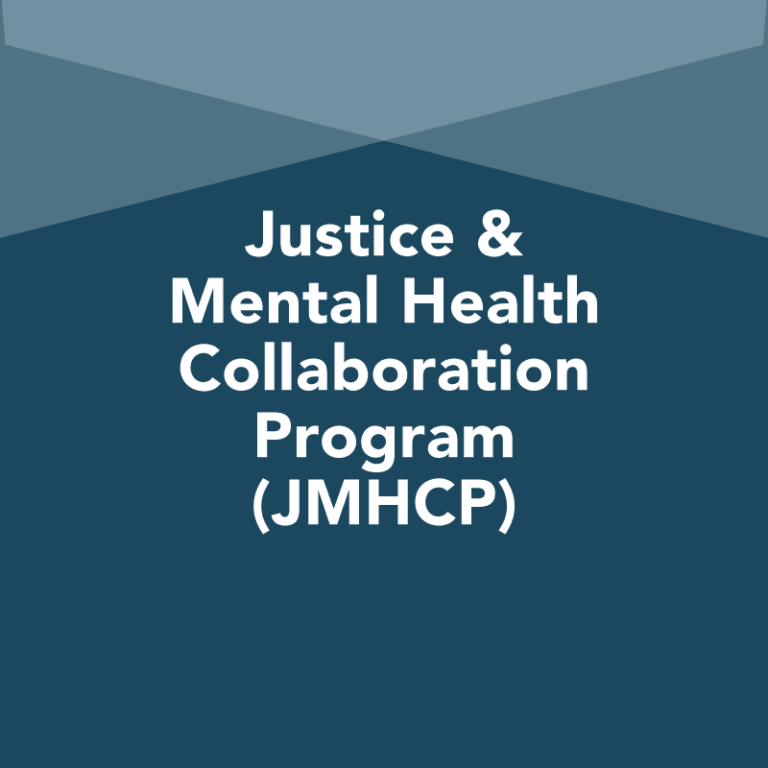A growing number of jurisdictions are creating crisis stabilization units (CSUs) to provide officers with an option to link people to the most appropriate supportive services, help reduce arrests, and improve outcomes for people with behavioral health needs. This brief provides an overview of CSUs for criminal justice professionals and offers universal, practical tips to design and operate a successful CSU. Photo credit: CDC on Unsplash
Related Resources

Preparing Law Enforcement Agencies for Embedded Clinicians
Crisis Systems, Law Enforcement, Mental Health
Read more
Building Successful Partnerships with Peer-Run Organizations
Co-Occurring Substance Use, Mental Health
Read more
FY2023 Planning and Implementation Guide for JMHCP Connect and Protect
Co-Occurring Substance Use, Law Enforcement, Mental Health
Read moreAuthors

Demetrius Thomas
Former Deputy Program Director, Behavioral Health
Demetrius Thomas oversaw training and technical assistance for the Justice and Mental Health Collaboration Program. Prior to joining the CSG Justice Center, he worked at the New York City Department of Health and Mental Hygiene developing and managing programs aimed at reducing criminal justice involvement among people with mental or behavioral health needs. There, he led the agency’s work in establishing New York City’s first-ever diversion centers and co-response teams. He has advocated, litigated, and legislated on a range of issues at the intersection of criminal justice and public health. Demetrius earned a BA with a dual concentration in international and U.S. politics from Columbia University and a JD from the University of the District of Columbia David A. Clarke School of Law.